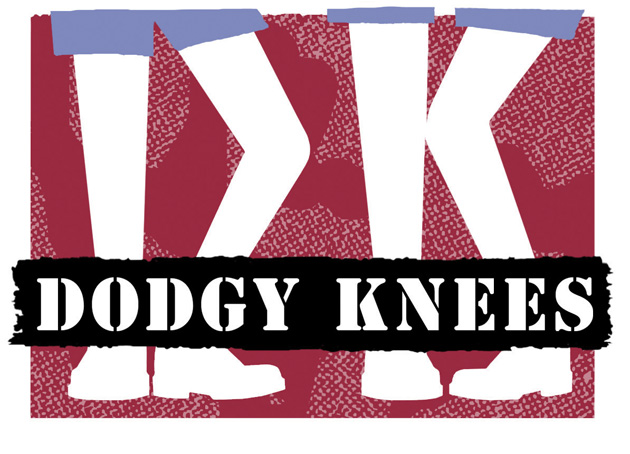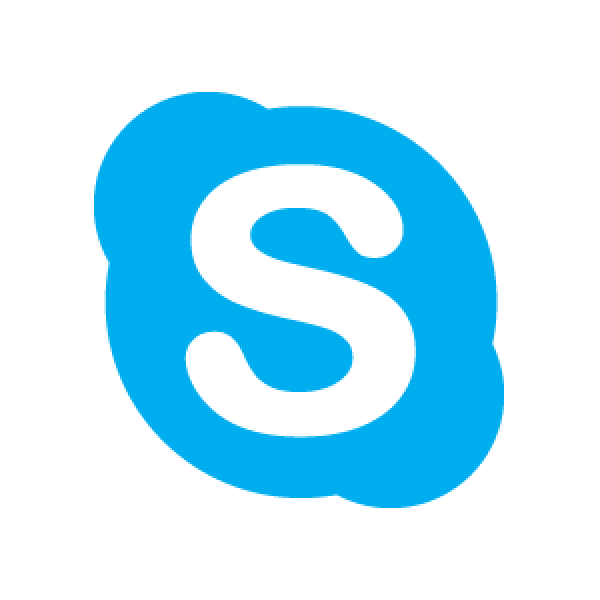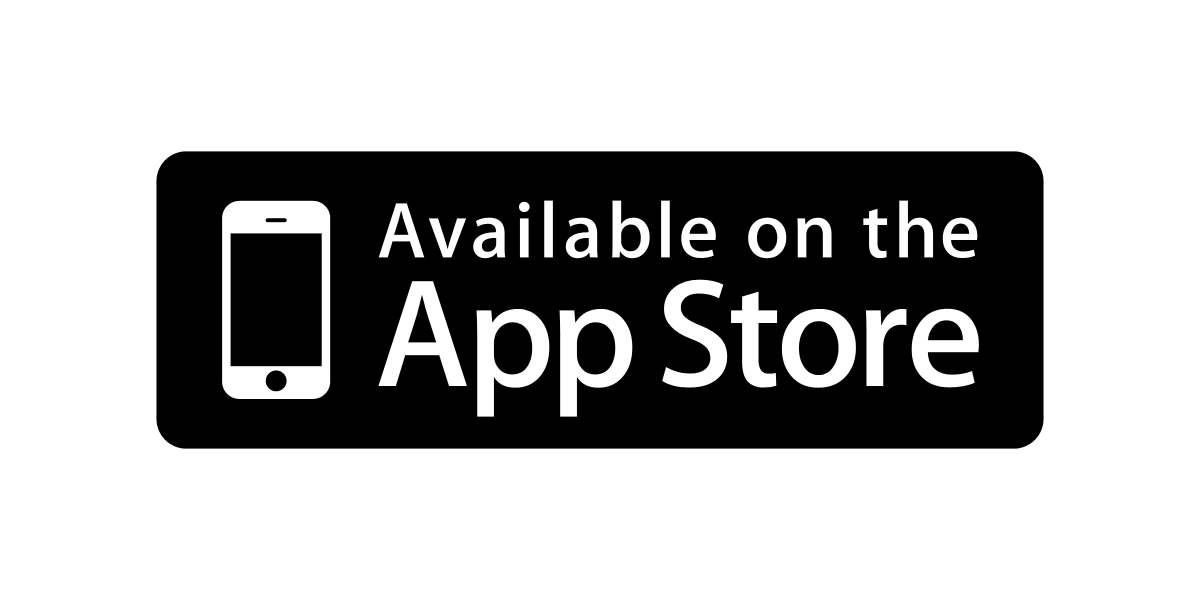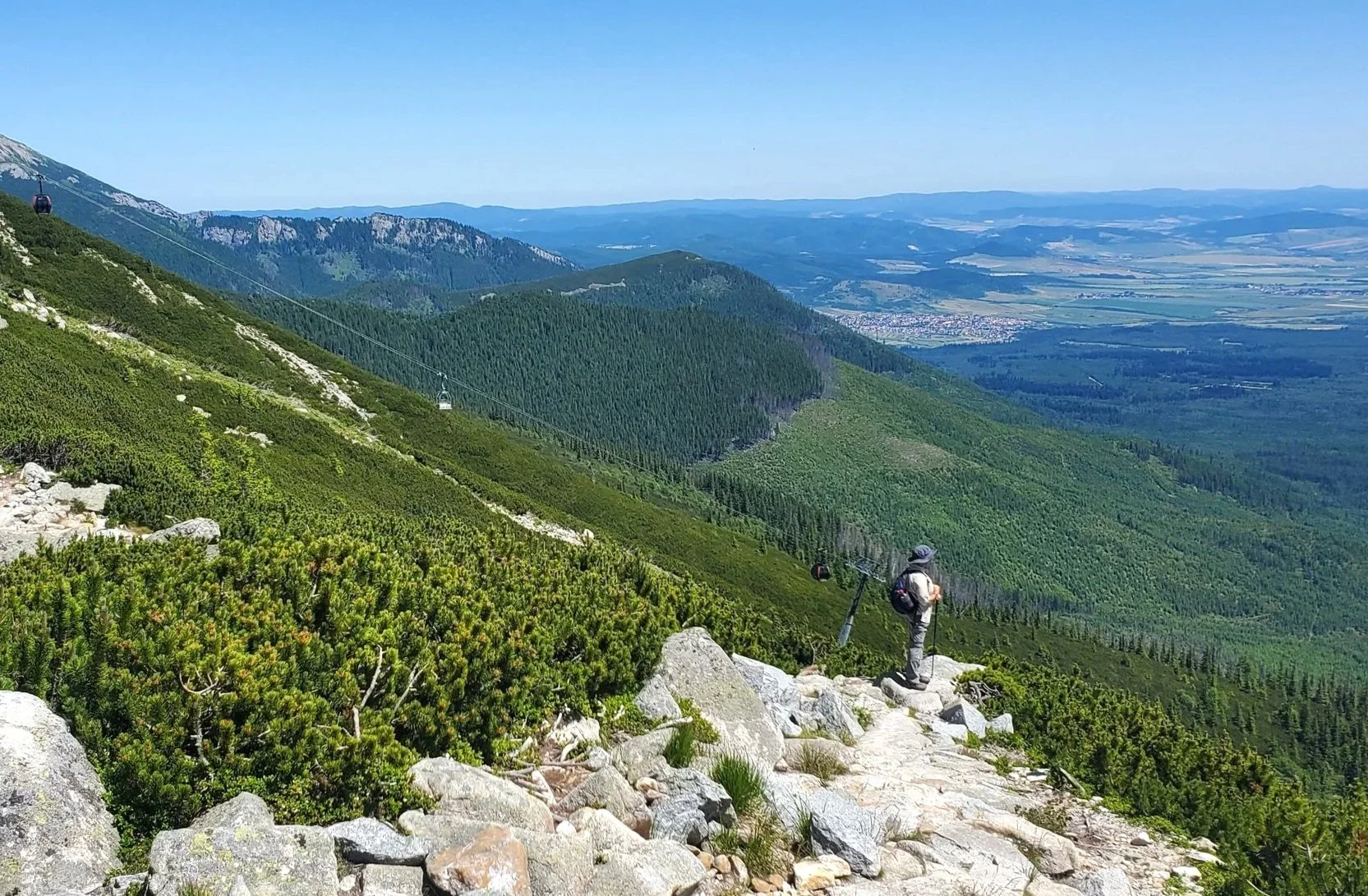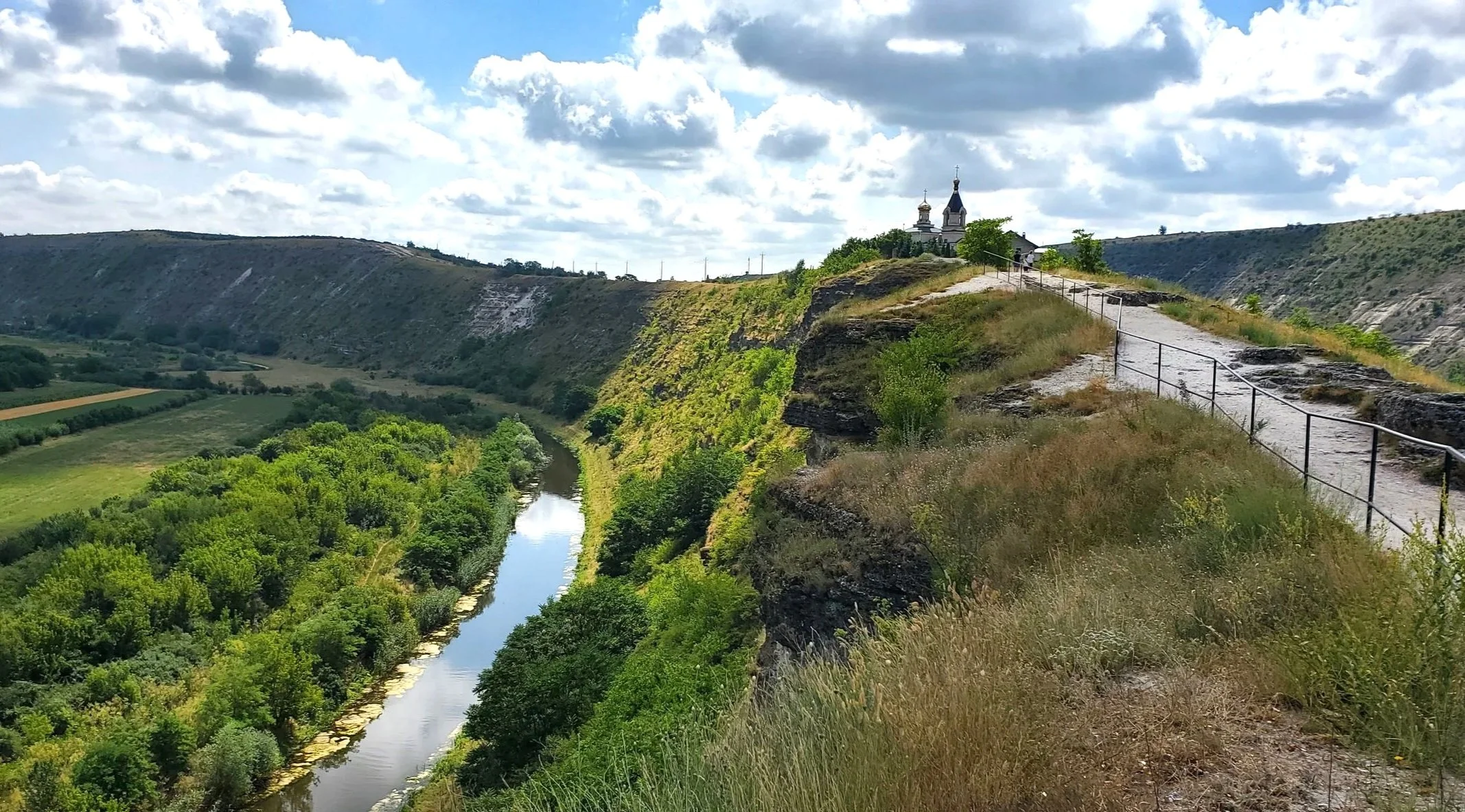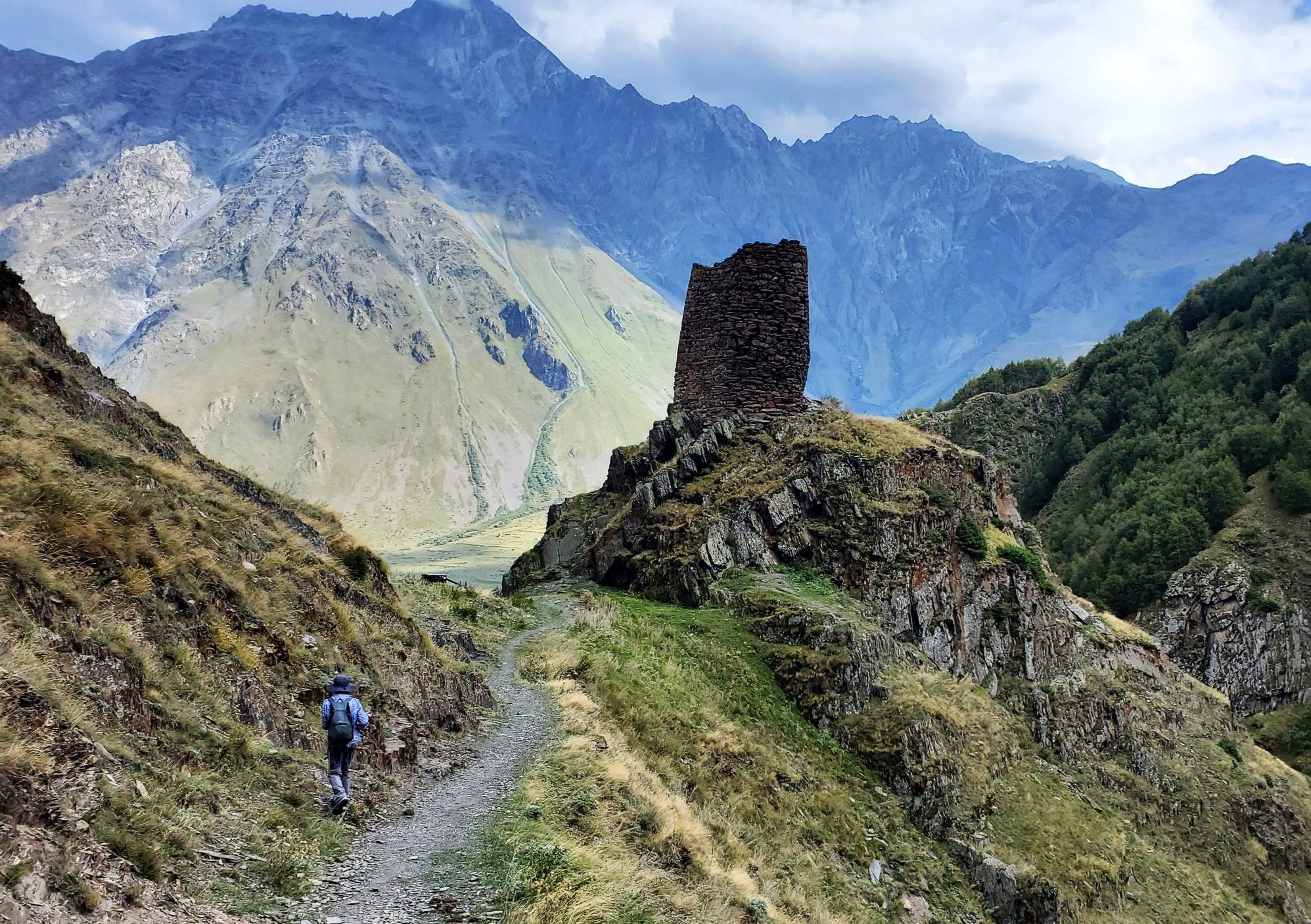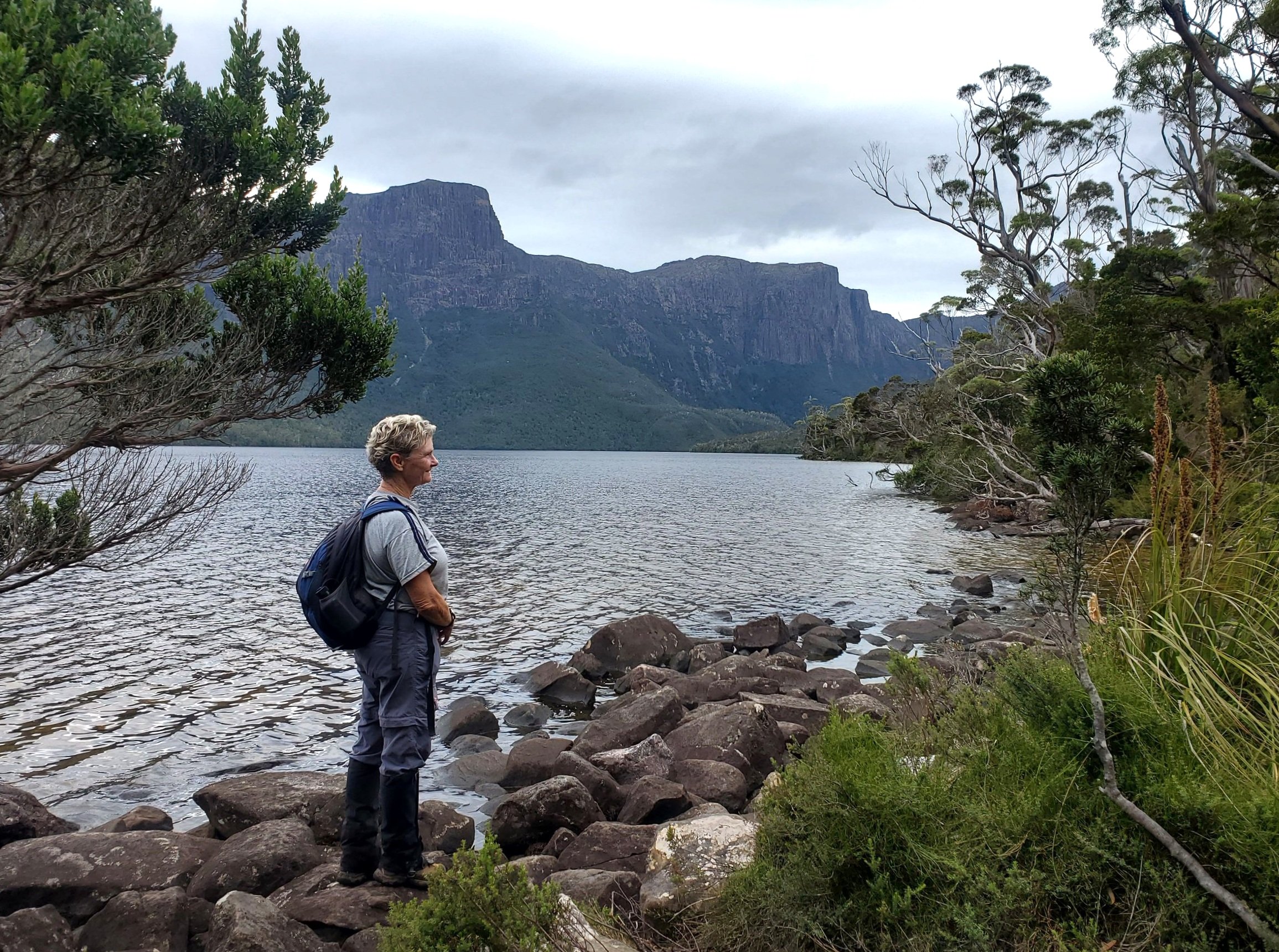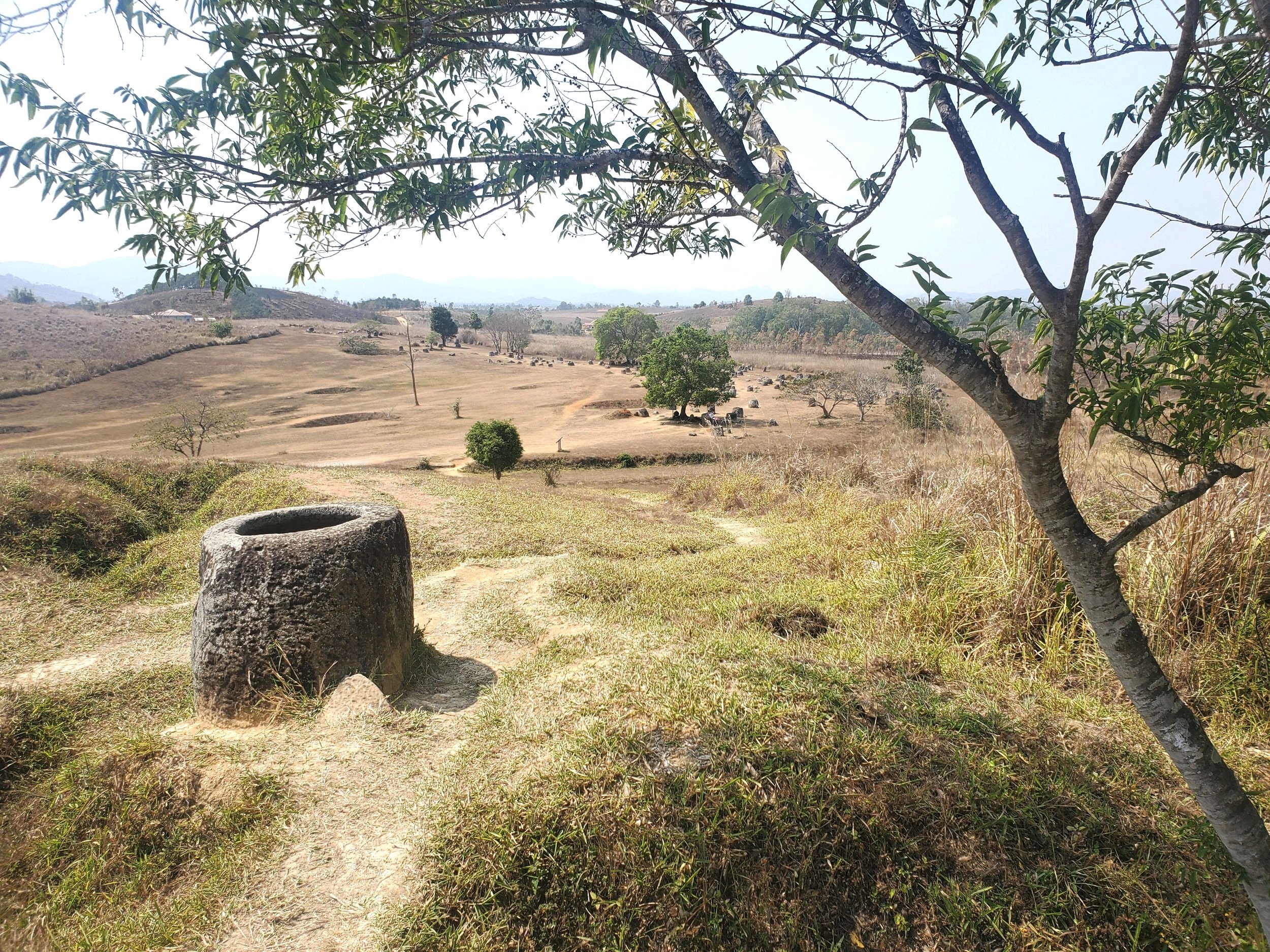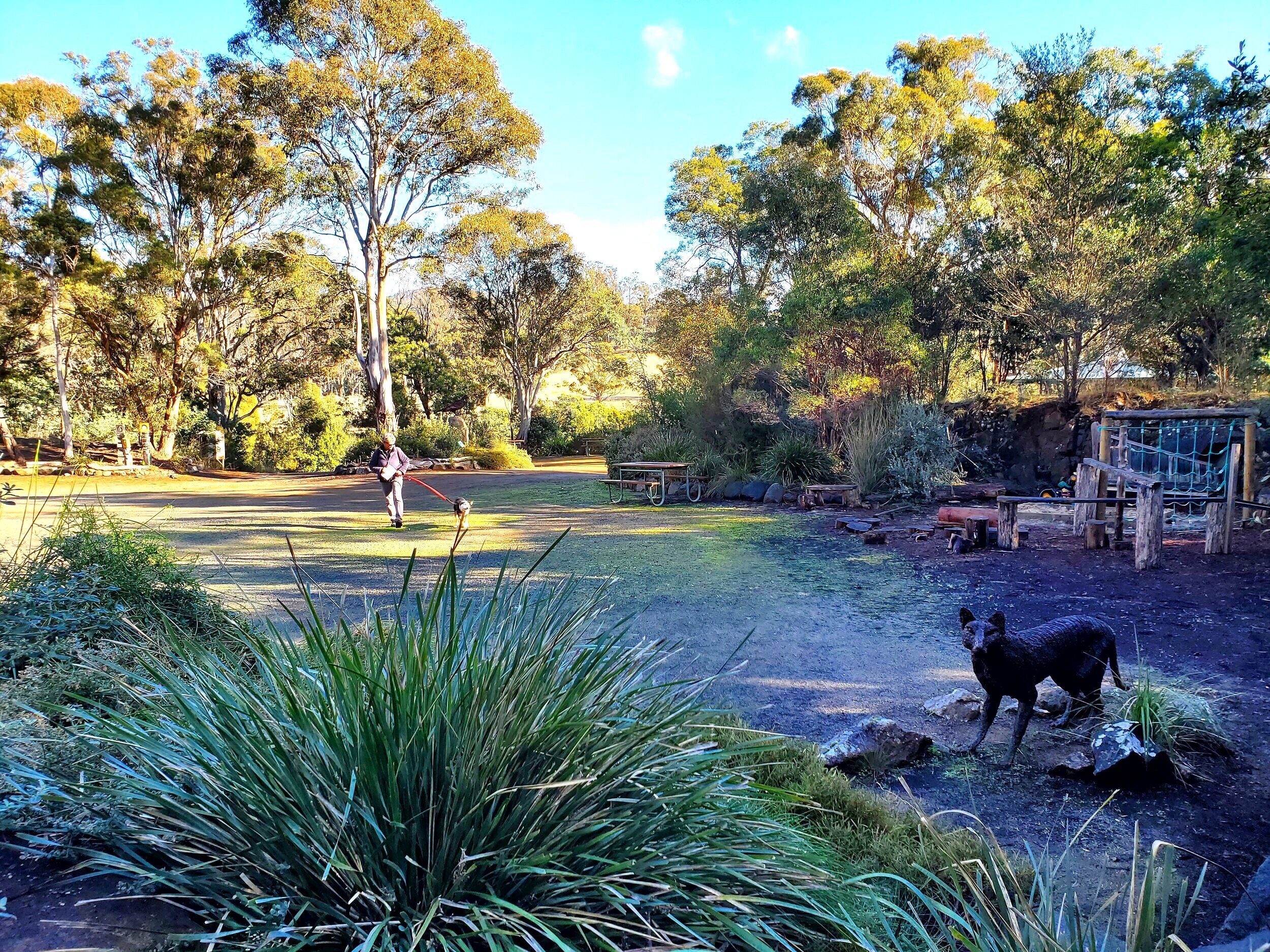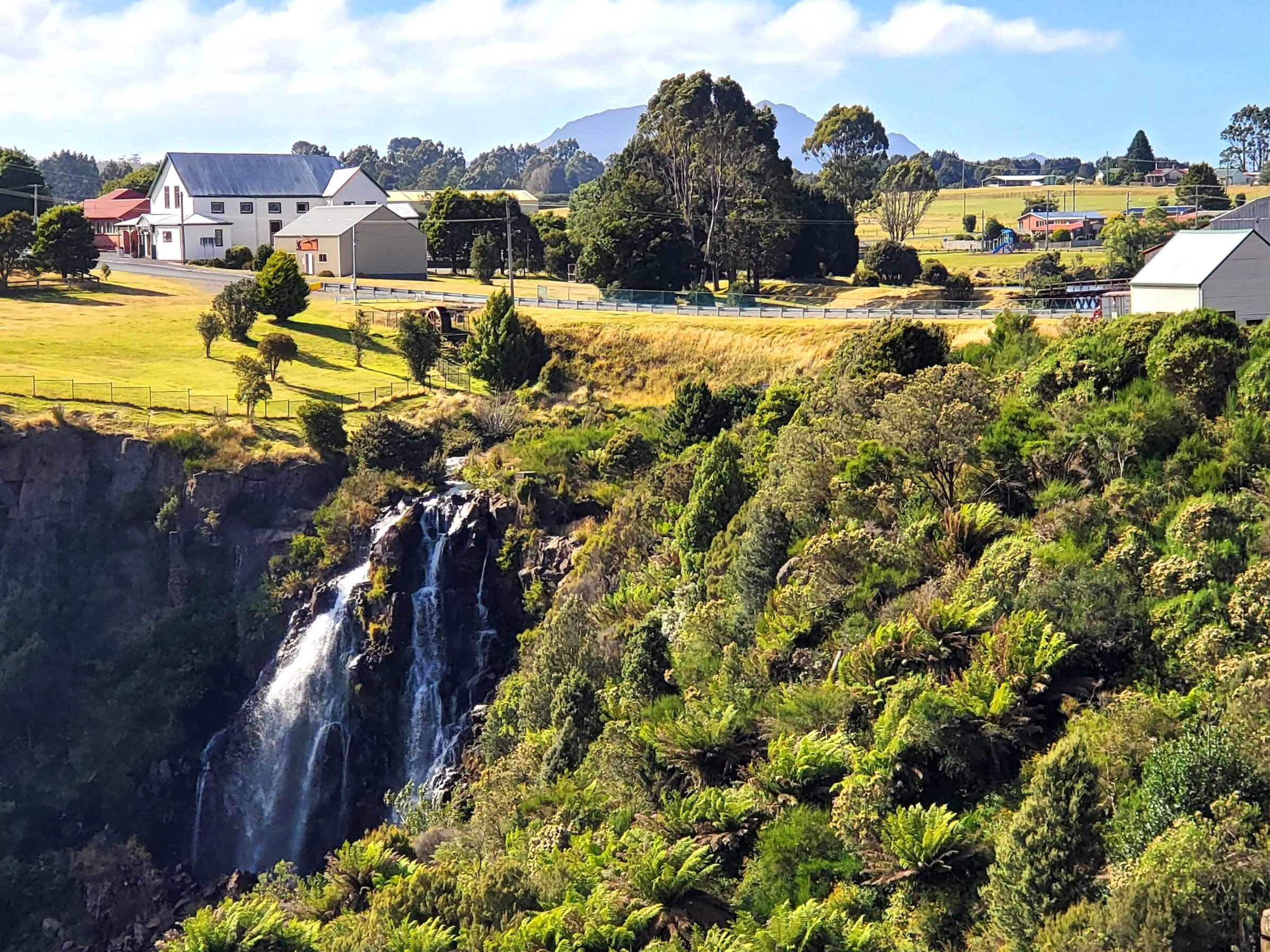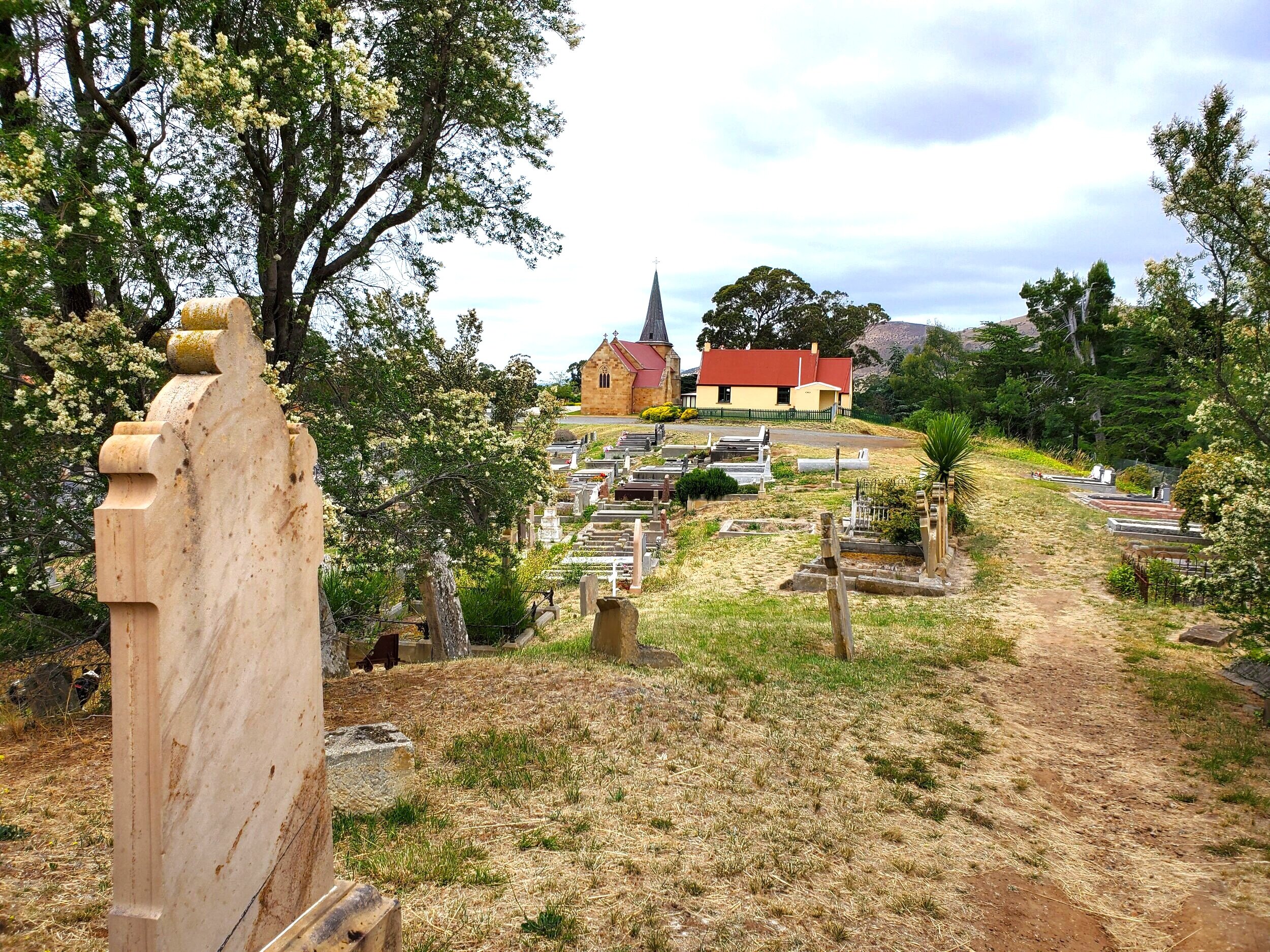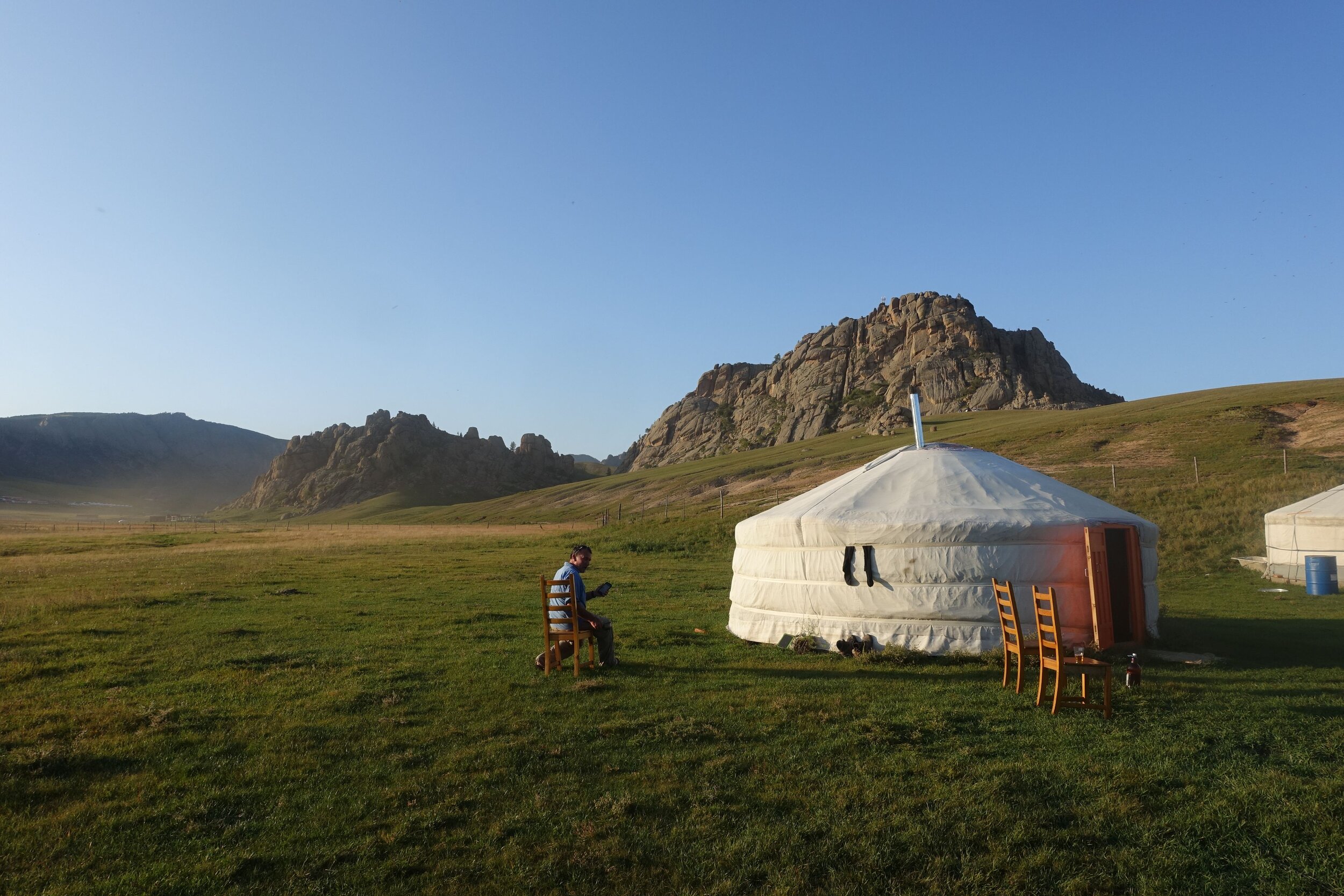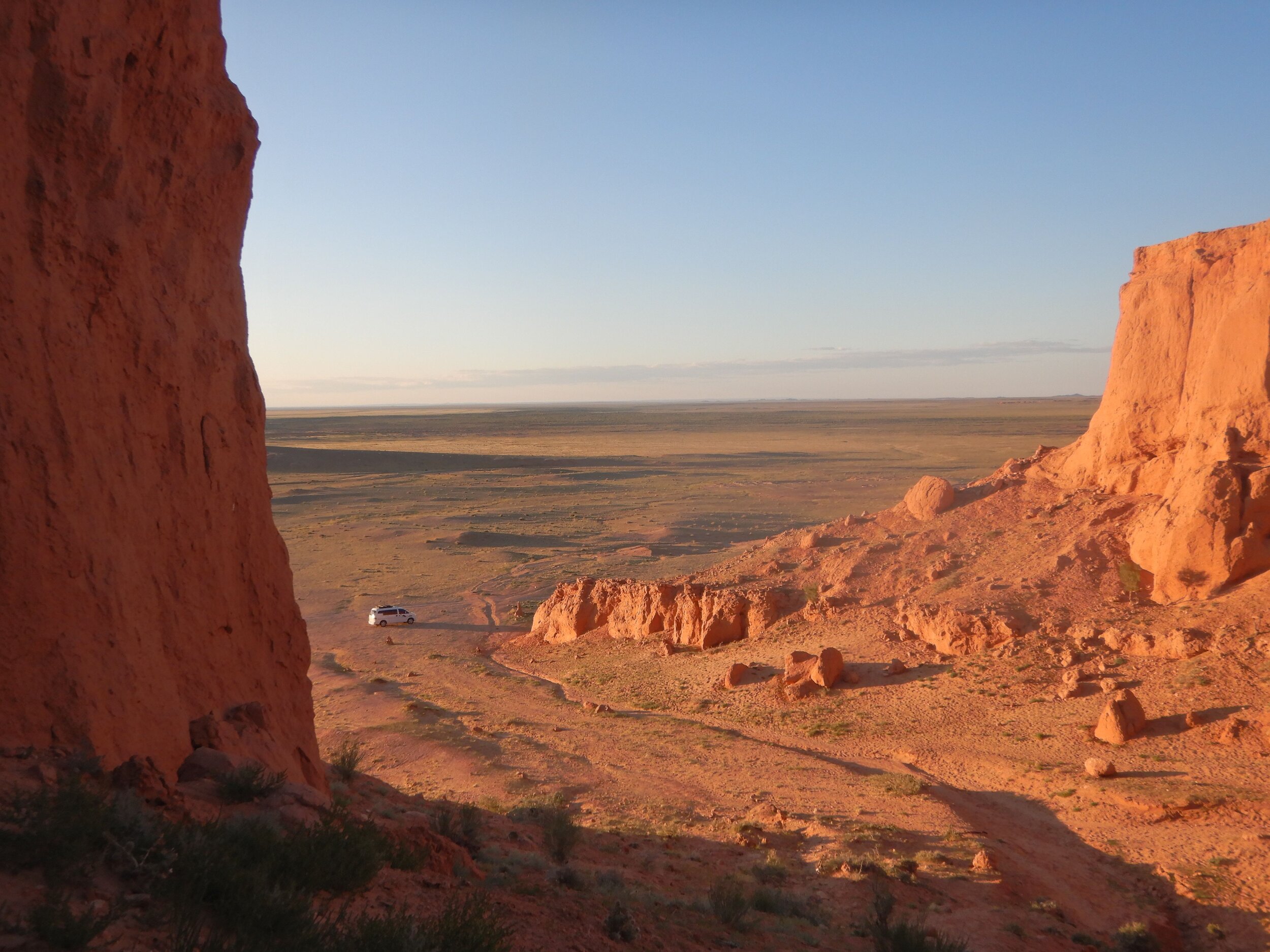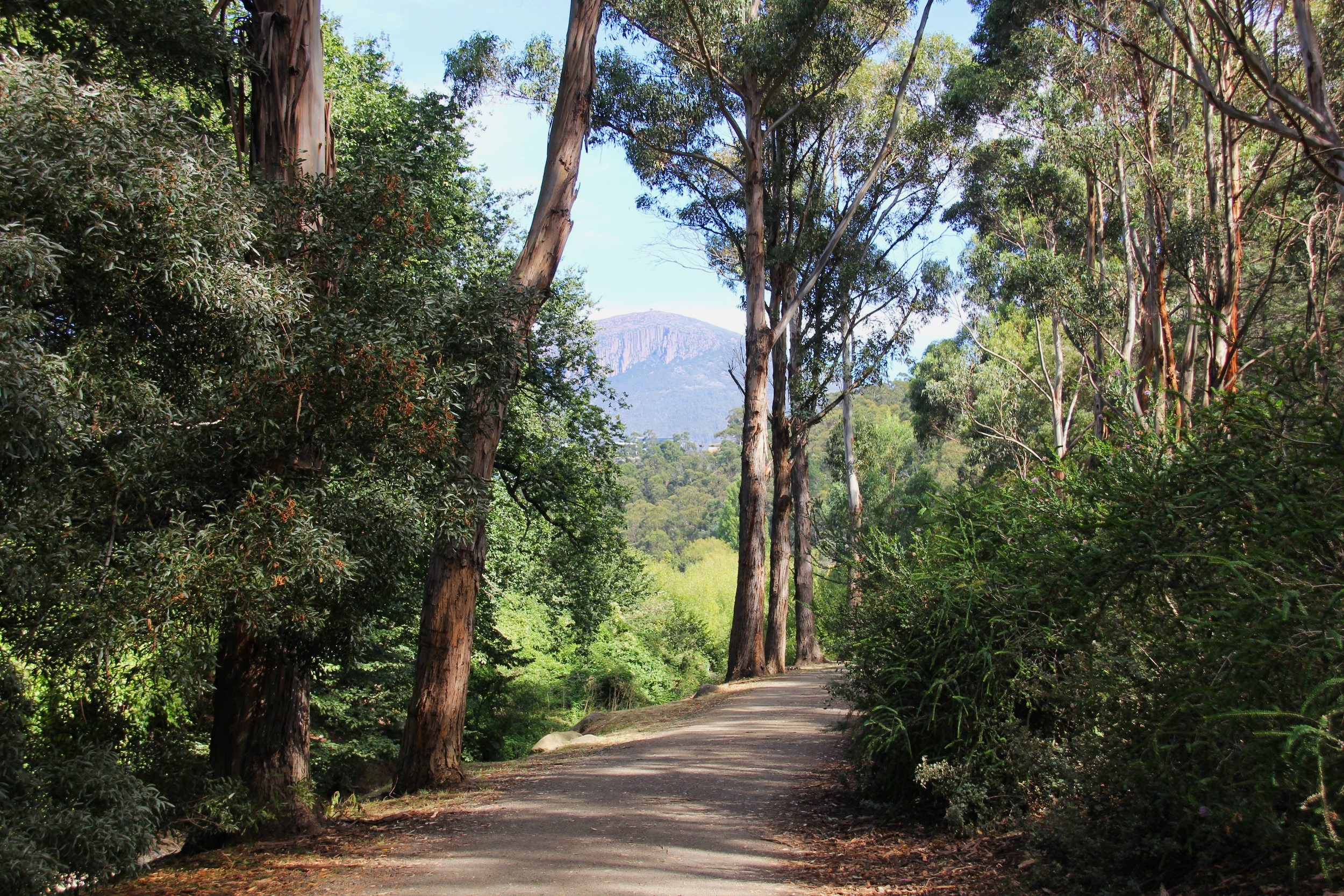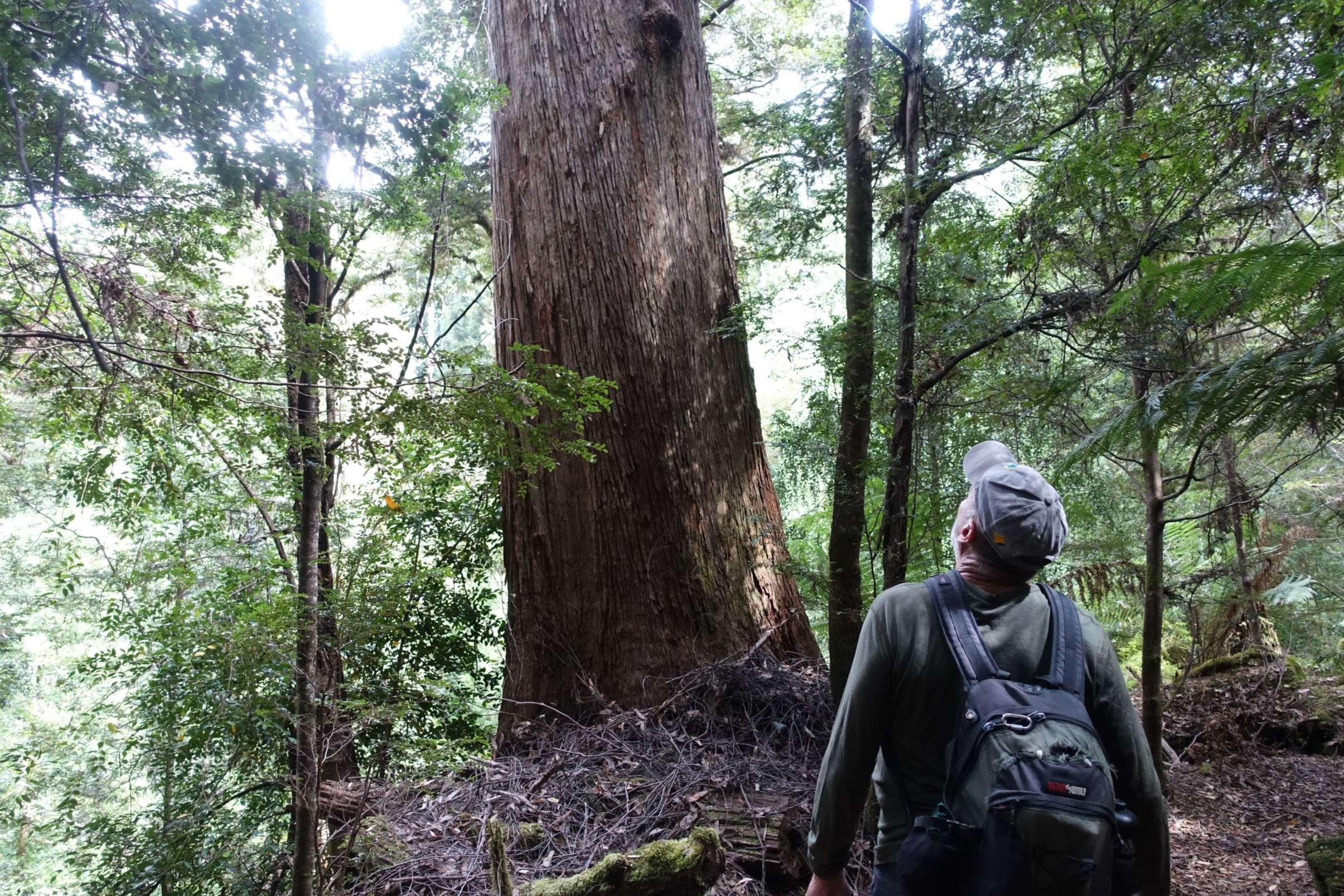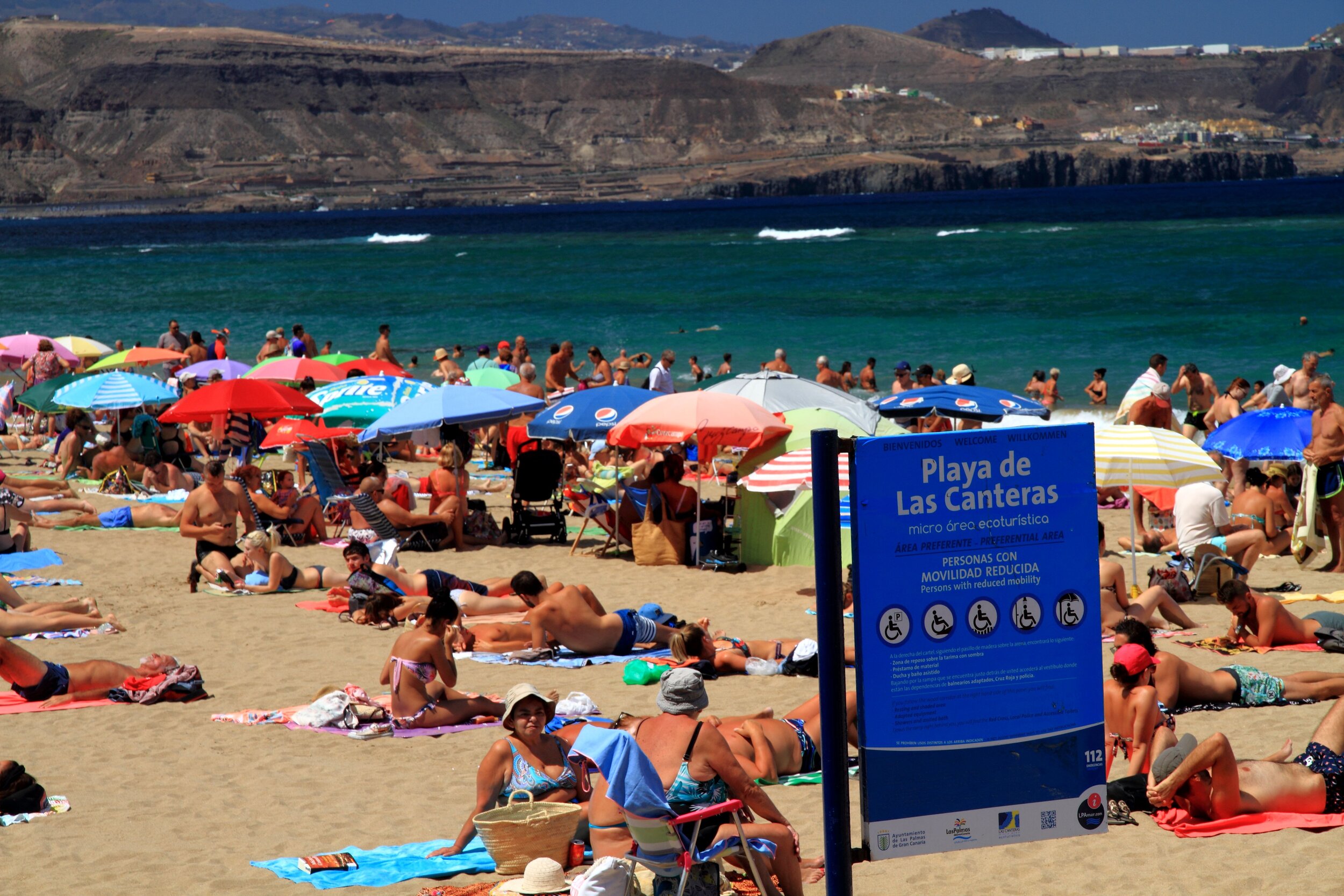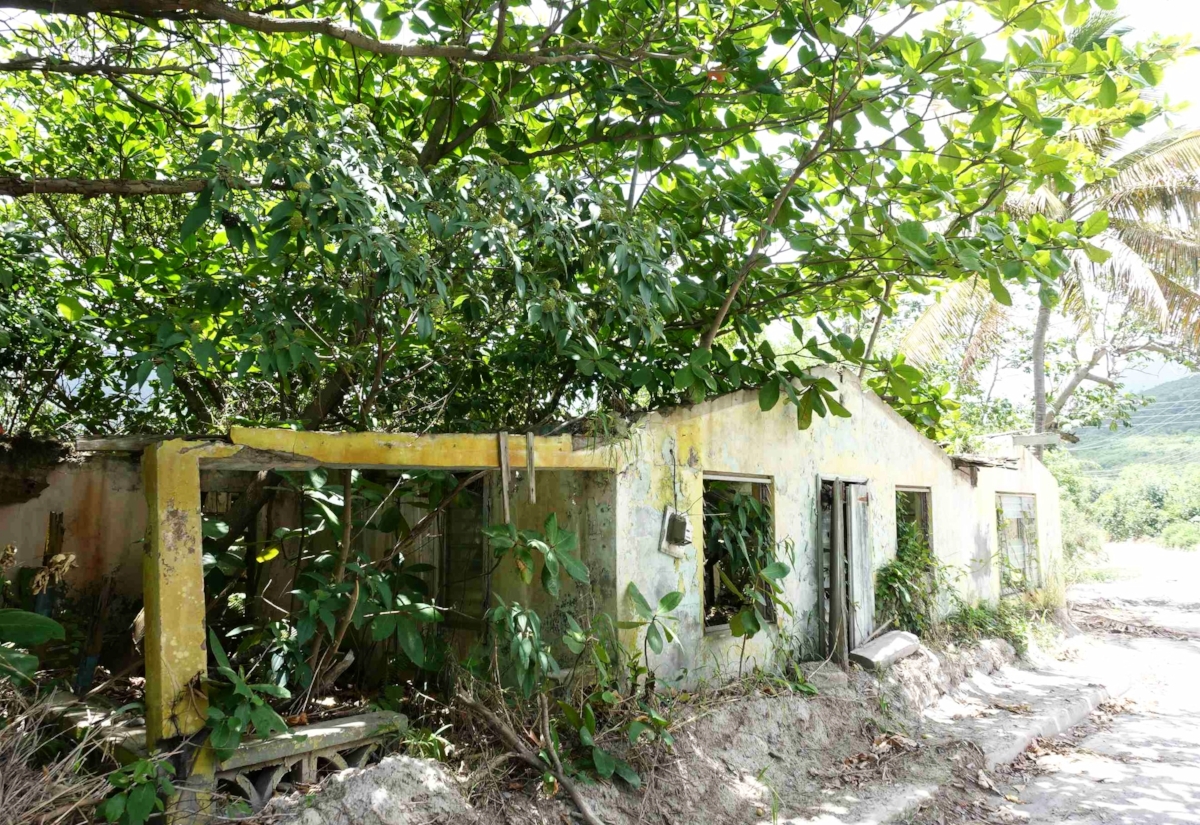Handy Apps when Travelling
There are an ever expanding universe of useful apps out there that can make planning and managing your trip easier.
And there are others that help provide a little bit of home away from home entertainment when you find yourself a long way from home, or help you stay connected to family and friends.
We don’t profess to be experts on this subject; in fact we’d classify ourselves as novices. What we list here are a few apps we have found useful. Think of this as a sort of beginners guide if you have not used apps much or at all before.
There are many more in all of the categories we’ve used and we’d love to hear about your suggestions.
Accommodation Bookings
Being able to make and store all of your accommodation bookings on your phone, tablet or computer is very handy. There is no need to print out booking confirmations or emails before you leave home.
Sites such as TripAdvisor and Trivago search multiple booking sites to find the best prices so provide a comparison. Individual booking sites like booking.com, hotels.com and Expedia all have apps too. If you are a regular user of these different services you’ll often be offered discounts and other benefits for your loyalty.
These companies also offer flights, car rentals and activities, not just accommodation
We also use Airbnb and have their app on our phones and computers.
Flights
As mentioned above those companies offer flight bookings in addition to other services.
There are also many that specialise more in flight bookings, while still offering hotels and hire cars such as Webjet and Flight Centre.
If you’re after the cheapest fare there are lots that compete for this space. A couple we’ve tried and found useful are Skyscanner and CheapOair.
When looking for flights on line, we will start by searching through these sites. When we find a flight we are happy with we will check the website of the airline that is providing the flight and if their price is the same or close we will book directly through the airline. We think that this provides an extra level of protection if there is ever any dispute about the booking.
Where there is a significant gap we go with the web search booking.
Communicating with Family and Friends
Unless you’ve been living under a rock you’ll be aware of programs such as Facebook, Twitter, Linked In, Instagram and Google+.
Whichever you choose, there is no doubt that they provide an easy and instantaneous way to communicate with the folks back home or wherever. They are a good way of updating everyone on your travels by posting photos and stories.
For those of us old enough to remember the days of ‘Post Restante’, whereby you tried to predict which town you’d be in at some distant point in time; and you’d tell people to write to you c/- Post Restante at that place. Sometimes it worked and there’d be a letter waiting for you in the predicted post office, but more often than not there wasn’t.
So, if you don’t have any of these social networking accounts yet, it’s worth getting one. Check with those you want to communicate with as to what social media they use so that you join the same program. The most common is Facebook. All have apps that you can put on your different devices.
The option to consider is getting an app for a service to make cheap or free voice and video calls such as Skype, Viber, Tango, Kakao Talk and Hangouts.
For more information on these click.
Music
While you may want to load up your ipod or smartphone with your favourite music before leaving home another option is to have an app on your device that will stream music to you. All you need is a wifi connection and away you go.
Some popular ones are Spotify, Deezer and SoundCloud. You can choose an artist or style of music and it will stream a selection of tracks to you. You can save favourite tracks and stations that you’ve created for ease of location next time. Most have a free version which will have the occasional advertisement aired or a premium version without ads.
We carry with us a small portable blue tooth enabled speaker so we can steam to it when in our hotel room, and not have to wear headphones.
Another fun option is an app that gives you radio stations streamed to your device. We have an app for our local, Australian ABC network that will stream all the national broadcaster’s stations. We also use an app called Simple Radio which allows you to search for and then stream radio stations from all over the world. There are a number of other competitors which do the same thing. Listening to a local radio station from your next country destination can be a good way to get into the zone before you arrive. Prior to our trip to the Americas we streamed a bit of Cuban radio, as well as Barbados and Chile.
Weather
Why leave the weather to chance when you can have an app that will give you regular up to date forecasts wherever you are in the world.
Like most apps there are lots to choose from in this market and many are free. Here are a few possibilities.
We use the Weather Channel. It allows us to look up the current temperature, conditions and a 10 day forecast for virtually anywhere in the world. It gives a % likelihood of rain, wind speeds and UV, as well as sun rise and sun set. Very handy.
News from Home
By this we mean staying connected to what is going on back at home – in your city, region, state or country. We like to know what’s happening in terms of major (and minor) news stories, as well as sporting results.
So the apps you choose are really a matter of your own tastes and interests. The message for people who haven’t used many apps previously is, whatever your interest there will probably be an app for it. For example, we like to listen to our local Hobart radio station occasionally. We use the ABC radio app for this.
All other news agencies such as the BBC, Aljazeera and NBC all have apps.
Language
There are lots of apps to help with language challenges if you’re not fluent in the local language.
If you are well organised you can learn a bit of the local language before you leave home with programs such as Duolingo. For native English speakers there are a dozen or so languages to choose from including French, Spanish, German, Swedish and Ukrainian. The program gives you lessons/tests and records your progress over time. And it can all be done on your phone when you have a spare five minutes while waiting for your plane/bus/train/ferry/taxi/camel.
Other options include Anki and Memrise.
If you just want to translate the menu or street sign or to know how to say a short sentence when you check in to your hotel then apps such as Google Translate have long been able to do this. But the latest versions can do much more. There is a function whereby you point your camera at a piece of text and a translation into English will instantly appear. You can also use the voice to voice function where you speak into the phone and it translates and repeats back to you in the chosen language.
And while there is no substitute for actually being able to converse with someone in their own language these apps do make communicating basic information a little easier.
Maps - Offline Map Apps
When navigating a new city, it can be problematic to get out the paper map to try to work out where you are and where you need to go. It instantly identifies you as a tourist or at least someone unfamiliar with the local terrain. But nowadays no one takes any notice of someone staring at their smartphone screen – everyone’s doing it. So, apart from the usefulness of having a map program on your phone, it is also an additional security feature in dodgy neighbourhoods.
An added bonus is that there are many free apps that do not require an internet connection in order to work, you just need to have the GPS function enabled on your phone.
We use the Maps.me app. Like its competitors, you need to download the map for the city/region in which you are travelling prior to needing it. This just means using your hotel/guesthouse/hostel’s free wifi the day before you travel to the new destination.
The maps have a lot of detail, including main tourist attractions, shops, pharmacies, fuel, ATMs etc. It can also tell you how far your destination is and by what route, driving, cycling or walking. We wouldn’t go anywhere without it.
Here is a useful article about off-line maps.
Money
Remember, back in the day, when you spent 4 hours in that Mexican bank trying to cash a traveller’s cheque? And when you ran out of money and had to tackle the archaic Indian telephone system to call home and ask your mum to send money, which took 2 weeks to arrive.
Try telling the young travellers today about this and they will look at you in disbelief. Yes, nowadays it’s all electronic wallets, ATMs that accept your everyday banking card, preloaded cards and credit cards. All of which can be managed neatly with a smartphone and app (as long as you can get a wifi connection).
We previously used a preloaded multicurrency card. Through the app we could check balances, move money between different currencies, and even search for the closest ATM. There is also a direct global contact number if things go wrong. Increasingly we are just using our regular everyday banking card linked to our regular accounts as these cards work in most overseas ATMs.
There are many cards on the market. Here are a couple of useful articles to help when considering whether to use these products.
https://www.choice.com.au/travel/money/travel-money/buying-guides/travel-money
https://www.choice.com.au/travel/money/travel-money/articles/travel-money-cards
http://www.canstar.com.au/travel-money-cards/
Note: We have not received any payments or inducements to endorse any products mentioned in this post. If this does happen at some point in the future we will provide a full disclosure. We will not endorse products that we have not tried and do not find worthwhile.
